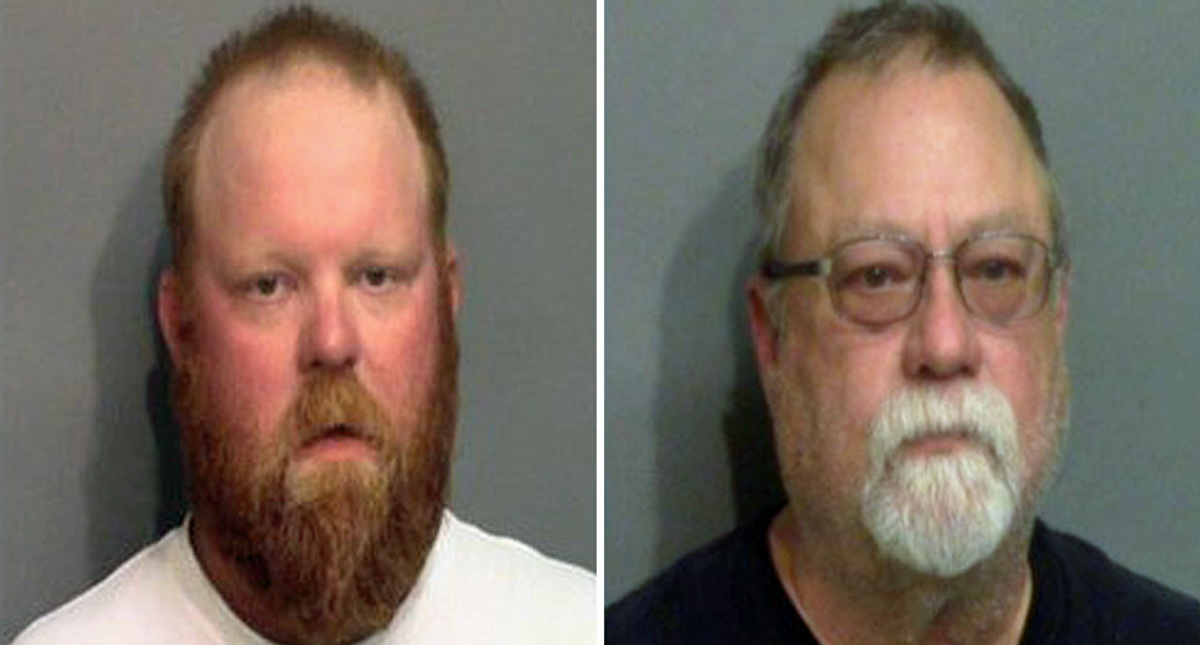
Americans have had a front-row seat to witness the power of money in the criminal justice system as the trials of Kyle Rittenhouse and Ahmaud Arbery's killers have commanded nationwide attention, a former federal prosecutor argued in a Washington Post column published online on Monday.
"Kyle Rittenhouse beat his case because he put on the best defense money can buy," Paul Butler wrote. "Rittenhouse's $2 million legal defense funds enabled his lawyers, before his trial, to stage separate 'practice' jury trials — one in which 18-year-old Rittenhouse took the stand and one in which he did not. The more favorable reaction from the pretend jurors when Rittenhouse testified informed the decision to let the teenager tell his story to the real jurors. His apparently well-rehearsed testimony was probably the most important factor in the jury ultimately letting Rittenhouse walk."
Butler explained the unique political dimensions of the Rittenhouse case.
"Most criminal defendants cannot afford those kinds of resources. Rittenhouse, raised in a working-class family, could not have either but for influential people such as former president Donald Trump and Rep. Matt Gaetz (R-FL) acting as his cheerleaders," he explained. "On Monday night, Rittenhouse — in the tradition of dancing with the one who brung you — will be interviewed by Fox News host Tucker Carlson. Regardless of whether Rittenhouse wants or deserves to be, he is now the poster child for reactionary White men who seek to take the law in their own hands, who want to patrol Black Lives Matter protests with assault weapons and who think that violence is a legitimate form of political discourse."
RELATED: Arbery defendants will be convicted -- and then face federal charges: MSNBC legal analyst
Butler contrasted the defense put up in the Rittenhouse with that on display in the trial of Travis McMichael, his father Travis McMichael and neighbor William "Roddie" Bryan for the killing of Arbery.
"When defendant Travis McMichael took the stand, his testimony was not nearly as smooth as Rittenhouse's — perhaps because McMichael did not have as many chances to practice. Indeed, McMichael, testifying about how he, his father and a neighbor hunted down a Black man and demanded that he stop and justify his presence on public streets, sounded like a slave catcher. This was fitting because empowering White civilians to apprehend runaway slaves was the origin of the Georgia citizens' arrest law — since revised — that is the linchpin of the defense," Butler noted.
Read the full report.




